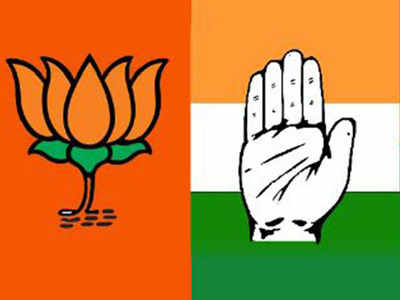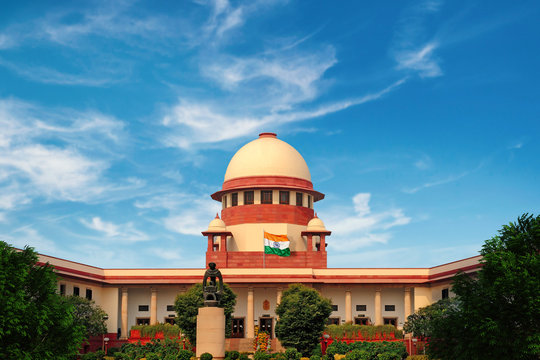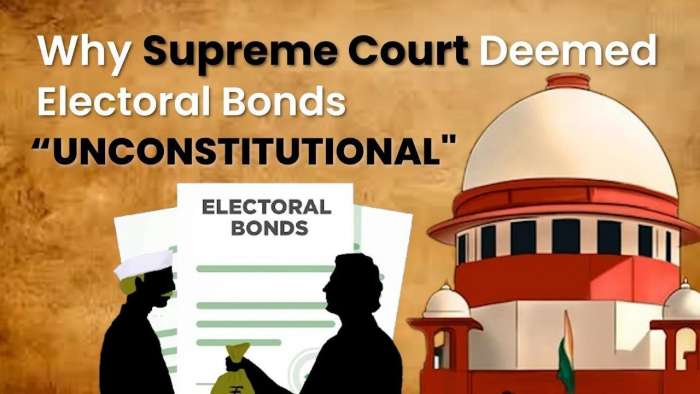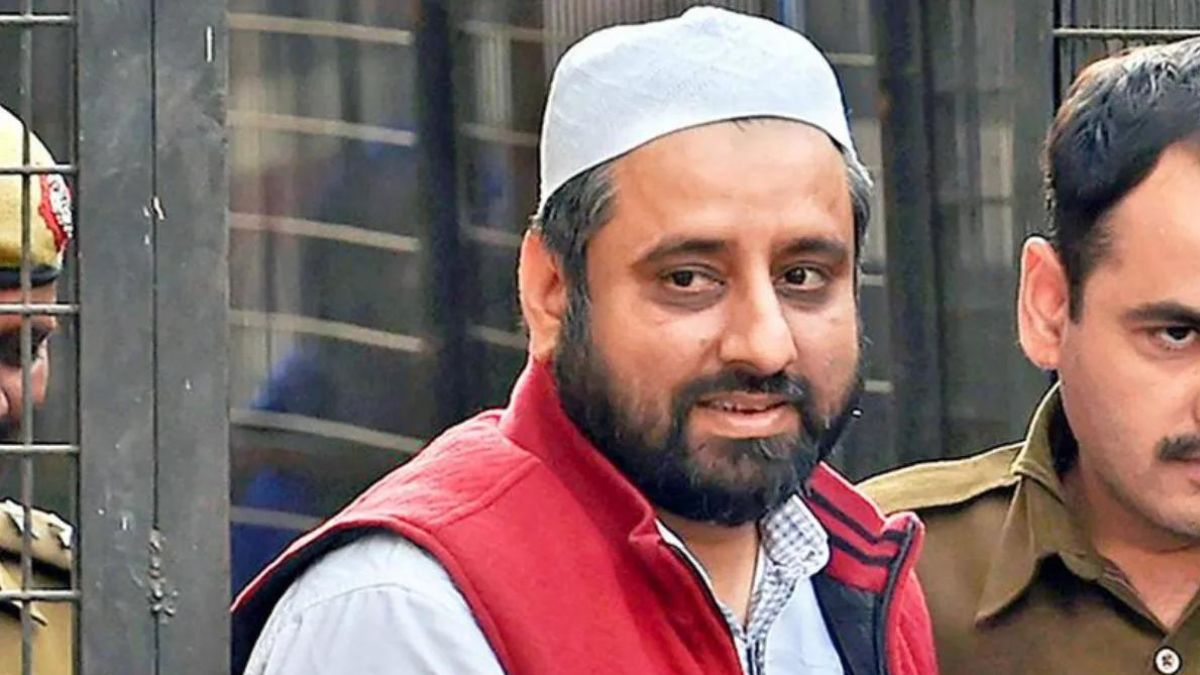What Are Electoral Bonds?
Electoral bonds are a financial instrument introduced by the Government of India to facilitate transparent political funding. These bonds are essentially a form of promissory notes that citizens or corporate entities can purchase from designated banks using legal tender. Once acquired, these bonds can be donated to registered political parties of their choice.
One of the primary objectives behind the introduction of electoral bonds is to curb the use of black money in political funding and promote transparency in the electoral process. Unlike cash donations, which often lack accountability and can be prone to misuse, electoral bonds leave a paper trail, enabling authorities to track the flow of funds from donors to political parties.
Electoral bonds also offer a level of anonymity to donors, as their identities are not disclosed to the public or the recipient political party. This confidentiality provision is intended to protect donors from potential backlash or reprisals for their political affiliations.
However, critics argue that electoral bonds undermine transparency and accountability in political funding, as the identity of donors remains concealed from public scrutiny. Additionally, concerns have been raised about the potential for abuse, with fears that these bonds could be used to launder money or influence political outcomes without proper oversight.
Despite these criticisms, electoral bonds remain a significant aspect of India’s electoral financing landscape, shaping the dynamics of political funding and sparking debates about the balance between transparency and privacy in democratic processes.
Electoral Bond Controversy 2024
Introduction:
The 2024 elections in India have been buzzing with activity, and amidst the political fervor, one issue has garnered significant attention: Electoral Bonds. Introduced in 2017, these financial instruments aimed to bring transparency to political funding. However, they have become embroiled in controversy, raising concerns about opacity and their potential influence on democracy.
Demystifying Electoral Bonds:
So, what exactly are Electoral Bonds? These bearer bonds, like anonymous cash, can be purchased by individuals or companies and anonymously donated to registered political parties. Proponents argue they eliminate the need for cash donations, reducing corruption and black money in politics.
A Clouded Landscape:

Despite their seemingly noble goal, Electoral Bonds have attracted sharp criticism:
- Lack of Transparency: While eliminating cash donations, anonymity shields the identity of donors, raising concerns about undue influence from corporations or special interest groups.
- Limited Accountability: Political parties are not obligated to disclose details of Electoral Bonds received, hindering public scrutiny and accountability.
- Unequal Playing Field: Critics argue the anonymous nature benefits larger, well-funded parties with access to corporate donations, disadvantaging smaller, grassroots parties.
The Supreme Court’s Verdict:

Adding another layer to the controversy, the Supreme Court on February 15, 2024, declared the Electoral Bonds scheme unconstitutional. The landmark verdict cited the lack of transparency and violation of the right to information as key reasons.
Impact and Implications:
The Supreme Court’s decision has sent shockwaves through the political landscape, with several key implications:
- Immediate Ban: Electoral Bonds are no longer valid, and political parties must return any uncashed bonds already acquired.
- Uncertainty Around Funding: Parties face uncertainty regarding alternative legal funding mechanisms, prompting discussions about electoral reforms.
- Renewed Public Scrutiny: The verdict reignites public debate on political funding transparency and the need for robust regulations.
Looking Ahead:

The Supreme Court’s decision marks a significant step towards ensuring transparency in political funding. However, the journey is far from over. Key questions remain:
- What alternative funding mechanisms will be adopted?
- How will the Election Commission ensure transparency in future donations?
- Will further reforms be implemented to address concerns about corporate influence?
Beyond the Headlines:
This blog delves deeper into the potential consequences of the Supreme Court’s verdict, exploring its impact on various stakeholders, including political parties, voters, and civil society organizations. It also examines ongoing discussions and potential solutions for ensuring transparent and equitable funding in Indian elections.
Remember:
This is just the beginning of a critical conversation. As India grapples with the implications of the Electoral Bonds verdict and seeks solutions for transparent political funding, stay tuned for further updates and developments on this crucial issue.
Disclaimer: This content is for informational purposes only and does not represent legal or political advice. Please consult with a qualified professional before making any decisions.
Resources:
- https://www.wionews.com/india-news/explained-what-are-electoral-bonds-why-supreme-court-strikes-down-electoral-bonds-scheme-690460
- https://www.livelaw.in/top-stories/supreme-court-electoral-bonds-1scheme-249553
- https://www.indiatoday.in/business/story/what-are-electoral-bond-judgement-supreme-court-cji-dy-chandrachud-2502442-2024-02-15
- https://www.drishtiias.com/daily-updates/daily-news-analysis/electoral-bonds-11
What are the Key Highlights of the ADR Report?
- Analysis of Donations and Funding Sources:
- The highest donations from Electoral Bonds, totaling ₹3,438.8237 crore, were received in 2019-20, the year of the general elections.
- The year 2021-22, which witnessed 11 Assembly elections, saw donations worth ₹2,664.2725 crore through Electoral Bonds.
- Out of the total donations of ₹16,437.635 crore received by the 31 political parties analyzed, 55.90% came from Electoral Bonds, 28.07% from the corporate sector, and 16.03% from other sources.
- National Parties:
- National parties experienced a significant surge in Electoral Bond donations, witnessing a 743% increase between FY 2017-18 and FY 2021-22.
- In contrast, corporate donations to national parties increased by only 48% during the same period.
- Regional Parties and Electoral Bond Contributions:
- Regional parties also witnessed a substantial proportion of their donations coming from Electoral Bonds.
- Power-Biased Donations of Electoral Bond:
- BJP, as the party in power, secures the highest donation among national political parties. More than 52% of the BJP’s total donations were sourced from Electoral Bonds, amounting to ₹5,271.9751 crore.
- The Congress secured the second-highest Electoral Bond donations, with ₹952.2955 crore (61.54% of its total donations), followed by the Trinamool Congress with ₹767.8876 crore (93.27%).



![350+ Report Pictures [HD] | Download Free Images on Unsplash](https://images.unsplash.com/photo-1450101499163-c8848c66ca85?q=80&w=1000&auto=format&fit=crop&ixlib=rb-4.0.3&ixid=M3wxMjA3fDB8MHxzZWFyY2h8N3x8cmVwb3J0fGVufDB8fDB8fHww)



